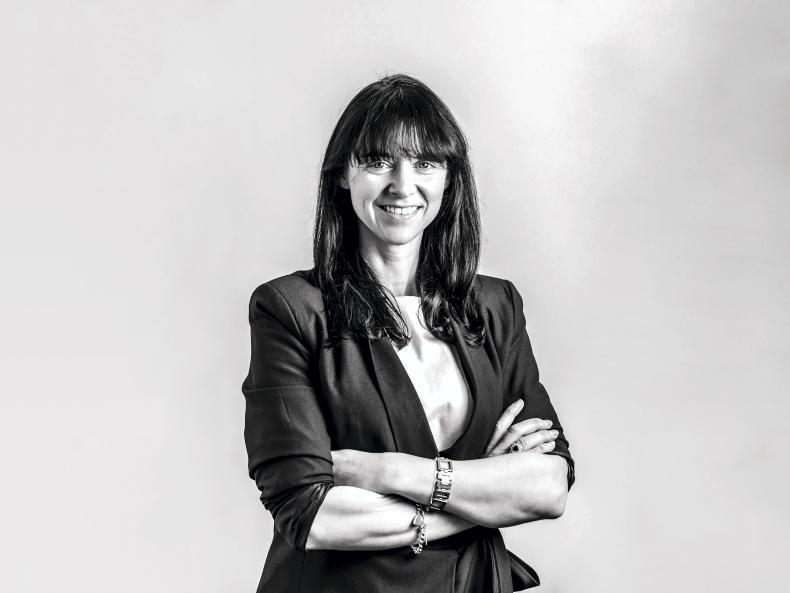As part of the college course I am currently doing, we are studying a module called “Leadership and Organisational Behaviour”. Last Saturday the content was all about what motivates/demotivates us? Negativity, in its many forms, came across as a demotivating factor for the class. Lack of equality, a clear path or progression as well as people not coming on board and criticism were identified as demotivating factors.
These factors could also be applied to the COVID-19 pandemic as it does not leave much to be positive about. Criticism of everyone, from politicians to medics to regular mistake makers (ie humans in general) has been a constant.
New treatments for diseases can never come quickly enough
Vaccination is the good news story. In the first instance, human capability has given us hope that we can beat this thing through science. Second, these vaccines, being developed in the timeframe that they have, is quite an accomplishment. New treatments for diseases can never come quickly enough, but all new treatments must go through a thorough evaluation process and vaccines are no different. This is for everyone’s benefit.
In Ireland the timescale remains unknown, with many uncontrollables in the mix
In the last two weeks my dad, my stepmam, my uncle and my best friend’s husband have all received their first dose of the vaccine. Even though they are a few of the 10m people that have been already been vaccinated by the UK’s NHS and not the HSE, it is still positive. The message my uncle sent (he is 72): “I am under starter’s orders in the 3.20pm at Brighton racecourse,” made us all smile.
In Ireland the timescale remains unknown, with many uncontrollables in the mix. These include setting up the new vaccination centres, recruiting and training staff, getting the vaccine here, storing the vaccine once it is in the country and getting the people to the vaccination centres.
Another necessity is for people to go back for their second jab. In reality, with new variants appearing, scientists are indicating that a third injection will probably be required to achieve the maximum protection. But there is good news here too. The scientists are building on a solid base and further progress can be made on new vaccines.
The numbers vaccinated can be seen this week and as they climb, progress will become evident
The opposite side of all those negatives can be motivating. So can appreciation and praise for the vaccine developers and everyone else playing a part in its roll out. Our community spirit is also important in getting it rolled out effectively. There will be some inequity in who gets it first.
However, this inequity stretches much further than our shores with third world countries in a much worse position. The numbers vaccinated can be seen this week and as they climb, progress will become evident.
I am going to give Luke’s own podcast a firm recommendation
One man that has managed to highlight the positives, while also being forthright in terms of what is required, is Professor Luke O’Neill. In his interview with Anne, you can read the positivity jumping off the page. You can also listen to the interview on our website.
But as it is Valentine’s weekend, I am going to give Luke’s own podcast a firm recommendation. The very first of his Show me the Science podcasts was “The Science of Love”. So if you are interested in what makes humans feel the way they do about other humans, that is worth a listen. And he has also covered the science of lots of other things, from humour to ageing, to the most recent one, “The Science of Vaccines”.






 This is a subscriber-only article
This is a subscriber-only article










SHARING OPTIONS: